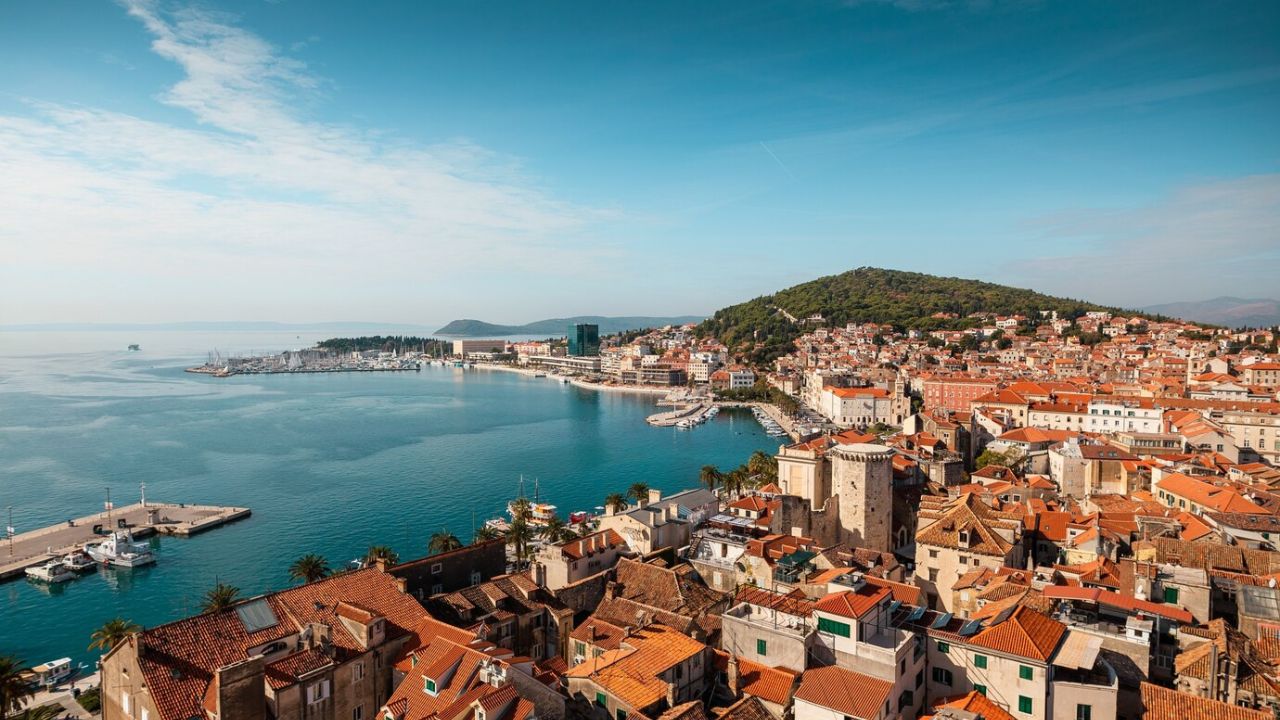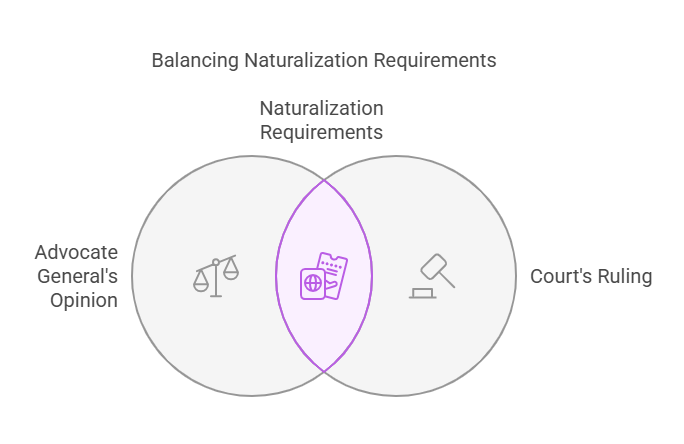In a landmark decision with far-reaching implications for citizenship-by-investment programs across Europe, the European Court of Justice (ECJ) has ruled that Malta’s controversial “golden passport” scheme — which grants citizenship to wealthy foreign nationals in exchange for substantial financial investments — is incompatible with European Union law.
This ruling intensifies scrutiny on similar schemes operated by other EU countries and sends a strong message that EU citizenship cannot be treated as a commercial commodity.
What Is Malta’s Golden Passport Scheme?
Malta introduced the Individual Investor Programme (IIP) in 2014, allowing non-EU nationals to obtain Maltese citizenship — and by extension, EU citizenship — through a significant investment in the country’s economy.
To qualify under this scheme, applicants had to:
-
Contribute at least €600,000 (or €750,000 for expedited processing) to Malta’s national development fund
-
Purchase or rent property worth at least €700,000 or pay annual rent of €16,000
-
Make a €10,000 donation to a registered Maltese charity
-
Demonstrate a 12-month residency, although multiple investigations have shown that many applicants spent far less time in Malta
In return, successful applicants were granted Maltese passports, giving them full rights as EU citizens, including the ability to live, work, and travel freely across the 27 member states.
The EU Commission’s Legal Challenge
The European Commission launched legal proceedings against Malta in 2020 and formally referred the case to the Court of Justice of the EU (CJEU) in 2022. The Commission argued that Malta’s scheme essentially turned citizenship into a transactional good, violating the principle of genuine connection between an individual and the state that grants them nationality.
In the Commission’s view, the IIP:
-
Undermined mutual trust between EU member states
-
Opened the door to security risks, including money laundering and tax evasion
-
Jeopardized the integrity of EU citizenship, which should not be available for sale
Court of Justice of the European Union Ruling (April 2025)
On April 29, 2025, the EU’s top court issued its final judgment, declaring that the golden passport scheme violates the principles of EU law and must be dismantled.
In its ruling, the Court emphasized:
“The acquisition of Union citizenship cannot result from a commercial transaction, as it requires a genuine connection between the applicant and the member state.”
While EU member states retain the sovereign right to determine the rules for acquiring and losing citizenship, the Court ruled that those rules must comply with broader EU principles and values, particularly when they confer EU-wide rights.
The judgment echoed the view that citizenship-by-investment schemes can erode the common foundation of trust between member states, especially when individuals obtain passports with limited or no ties to the issuing country.
Malta’s Reaction and Political Response
The Maltese government, as of this ruling, has not yet issued an official response. However, former Prime Minister Joseph Muscat, under whose leadership the scheme was first introduced, reacted by calling the judgment “political” in nature.
Muscat suggested that the IIP could be restructured rather than scrapped, saying:
“The program can continue with some changes, maintaining its core benefits while addressing the EU’s concerns.”
Despite such comments, the ECJ ruling places Malta in a legally vulnerable position. If the government fails to comply with the judgment, it could face:
-
Hefty financial penalties
-
Further legal action from the European Commission
-
Erosion of credibility within EU institutions
Security, Corruption, and Ethical Concerns
The scheme has long attracted criticism from transparency watchdogs, investigative journalists, and EU bodies over concerns that it opens the door to:
-
Money laundering and financial crimes
-
Tax evasion by ultra-wealthy individuals
-
Corruption in the processing of applications
According to investigations by Transparency International and the Organized Crime and Corruption Reporting Project (OCCRP), individuals linked to authoritarian regimes and under international sanctions were among those who acquired Maltese citizenship through the scheme.
In fact, after the Russian invasion of Ukraine in 2022, Malta was forced to suspend applications from Russian and Belarusian nationals, due to growing concerns that Kremlin-linked individuals were using the scheme to bypass sanctions and access European financial systems.
Disagreement from Advocate General
Interestingly, the final court ruling contradicts the October 2023 opinion of the Court’s Advocate General, Anthony Collins.
He argued that the Commission had not provided sufficient evidence to prove that EU law mandates a “genuine link” between an individual and a member state as a precondition for lawful naturalization.
However, the Court ultimately rejected this view, reaffirming that the shared rights and responsibilities of EU citizenship demand stricter safeguards and a non-commercial foundation for naturalization.
Broader Implications for Europe
The ECJ’s decision is expected to have a ripple effect across the EU, especially in countries like:
-
Austria, which has its own investor citizenship program
-
Portugal, Greece, and Spain, which offer residency-based “golden visa” programs (a pathway to citizenship over time)
While the ruling specifically targets Malta’s direct sale of citizenship, it sets a precedent that could affect other schemes, particularly those that do not require meaningful residency or integration.
The European Commission has long urged member states to phase out investor citizenship programs, citing risks to the EU’s internal security, legal integrity, and financial systems.
What Happens Next for Malta?
The Maltese government is now under pressure to:
-
Dismantle or overhaul its golden passport scheme immediately
-
Demonstrate compliance with the ECJ ruling to avoid sanctions
-
Address the legal and reputational fallout, particularly in the EU Parliament and international forums
Failure to act swiftly could isolate Malta within the EU and impact its standing in areas such as trade negotiations, budget allocation, and political cooperation.
A Turning Point for EU Citizenship Integrity
The European Court’s ruling represents a major victory for those advocating ethical governance and stronger EU cohesion. It reinforces the idea that citizenship must be earned, not purchased — and that the values of the EU cannot be undermined by commercial interests.
Malta’s golden passport program, once seen as a lucrative innovation, now stands as a cautionary tale of how national policies can clash with collective European ideals.




































